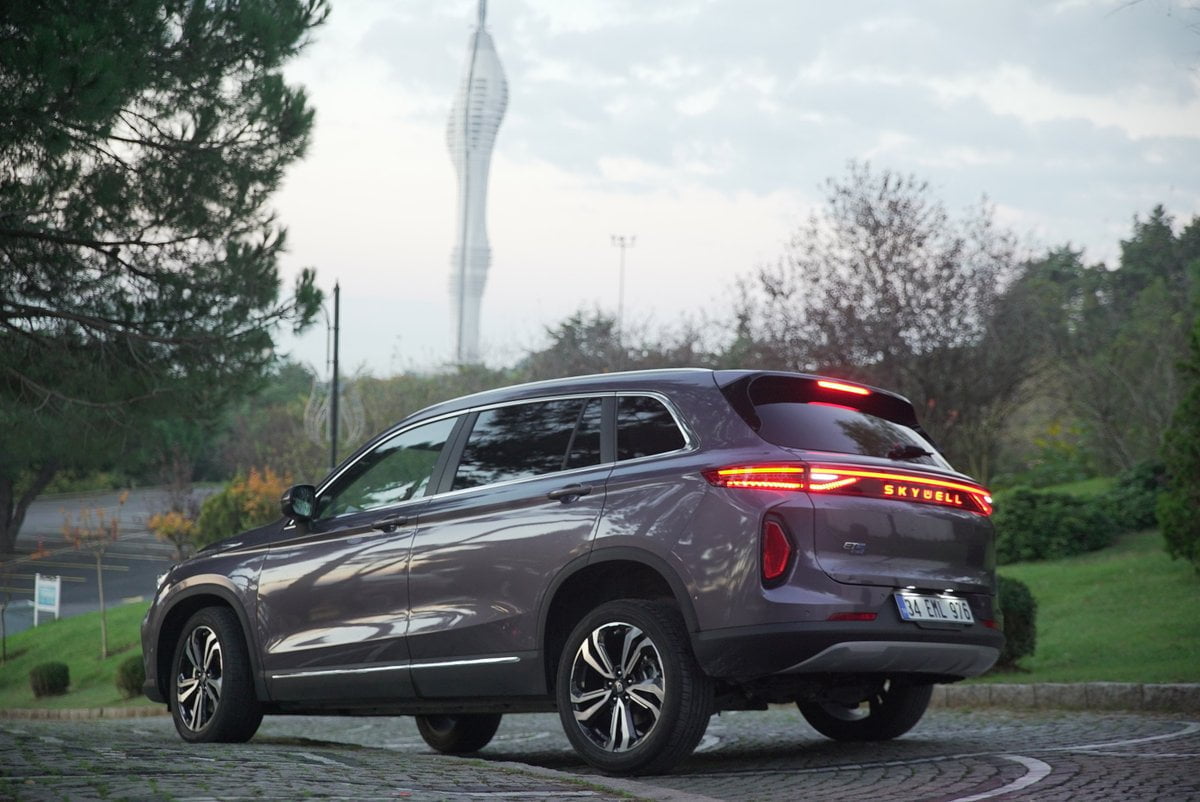Hybrid vehicles are becoming increasingly popular among drivers seeking environmentally friendly and economical transportation solutions. Combining electric and gasoline engines, these vehicles offer several notable advantages. In this article, we will delve into the question, “What are the features of hybrid vehicles?”
Features of Hybrid Vehicles

- Dual Motor Usage: Hybrid vehicles operate using both an internal combustion engine and an electric motor. This dual-motor system helps the vehicle adapt to various driving conditions. The electric motor allows the vehicle to start and move at low speeds, while the internal combustion engine engages at higher speeds to aid in driving. This combination provides better performance and fuel efficiency during driving.
- Fuel Efficiency: One of the most significant advantages of hybrid vehicles is their fuel efficiency. Electric motors, particularly in city driving, contribute substantially to fuel savings. During traffic congestion or waiting at red lights, hybrid vehicles shut off their internal combustion engines and use electric motors, thereby minimizing fuel consumption and reducing emissions. Additionally, mild hybrid electric vehicles (MHEV) offer the extra benefit of self-charging batteries.
- Automatic Transmission with Electric Motor: In hybrid vehicles, electric motors can mimic an automatic transmission. This feature allows the electric motor to generate more torque at low speeds, making driving more efficient. The vehicle’s rapid acceleration during start-up is made possible by this motor.
- Sustainability and Eco-Friendliness: Hybrid vehicles stand out with their eco-friendly features, especially in today’s world where sustainable living is gaining importance. Electric motors operate more cleanly than internal combustion engines, resulting in lower exhaust emissions and less environmental harm. Reduced carbon emissions positively impact air quality.
- Rechargeable Batteries: Plug-in hybrid electric vehicles (PHEV) come with batteries that can be charged from an external power source. These vehicles can be easily charged at home or public charging stations. Known as plug-in hybrids, they offer extended electric driving range with large battery capacities.
- Energy Recovery: Hybrid vehicles are equipped with a regenerative braking system. This system recovers energy lost during braking and recharges the battery. This feature enhances the vehicle’s energy efficiency and contributes to fuel savings. The vehicle generates electricity on its own, reducing the need for frequent external electric support.
- Quiet Driving Experience: Thanks to electric motors, hybrid vehicles generally operate quietly. This quiet operation helps reduce noise pollution, especially in urban areas. They offer a comfortable driving experience on long journeys. The quietness becomes more noticeable at low speeds, providing a peaceful journey for the driver.
- Advanced Driving Assistance: Many hybrid vehicles offer features like lane-keeping assistance, automatic cruise control, and other driving aids. These advanced driving support systems enhance driving safety and provide a comfortable driving experience. Hybrid vehicles are equipped with advanced technology displays and data providers.
- Cold Weather and Battery Efficiency: Cold weather can negatively affect the battery efficiency of hybrid vehicles. However, some hybrid models have special heating systems to protect the batteries in cold weather conditions. These systems maintain battery efficiency, ensuring smooth performance even in winter.
- Disadvantages of Hybrid Vehicles: Despite their many advantages, hybrid vehicles have some disadvantages. Initial investment costs can be higher than traditional vehicles. Additionally, maintenance and repair costs for hybrid vehicles can be more expensive. Availability of spare parts can be an issue for some models. The second-hand hybrid vehicle market is still developing, which can create challenges in the buying and selling process.
- The Future of Hybrid Vehicles: Hybrid vehicles will continue to play a significant role in the future of the automotive industry. Their eco-friendly and economical features make them increasingly preferred by drivers. With the development of hybrid technology, increased battery capacities, and the expansion of charging infrastructure, the popularity of hybrid vehicles will continue to grow.
In conclusion, hybrid vehicles stand out with their dual motor usage, fuel efficiency, sustainability, quiet driving experience, and advanced driving support features. For those seeking an environmentally friendly and economical driving experience, hybrid vehicles can be an excellent choice.
For more content like “What Are the Features of Hybrid Vehicles?” visit our general category.
Electric Vehicles vs. Hybrid Vehicles: Which is Better?

When choosing between electric vehicles and hybrid vehicles, several factors need to be considered. Electric cars are notable for their eco-friendliness, low fuel costs, and reduced maintenance requirements. As they operate entirely on electricity, they produce zero emissions and offer a quiet driving experience. Electric cars are particularly advantageous for city use due to the ease of access to charging stations and high efficiency over short distances.
Electric vehicles contain fewer moving parts compared to hybrids, resulting in lower maintenance needs in the long term. With the development of charging infrastructure, electric cars are becoming a more sustainable and economical option compared to hybrids.

